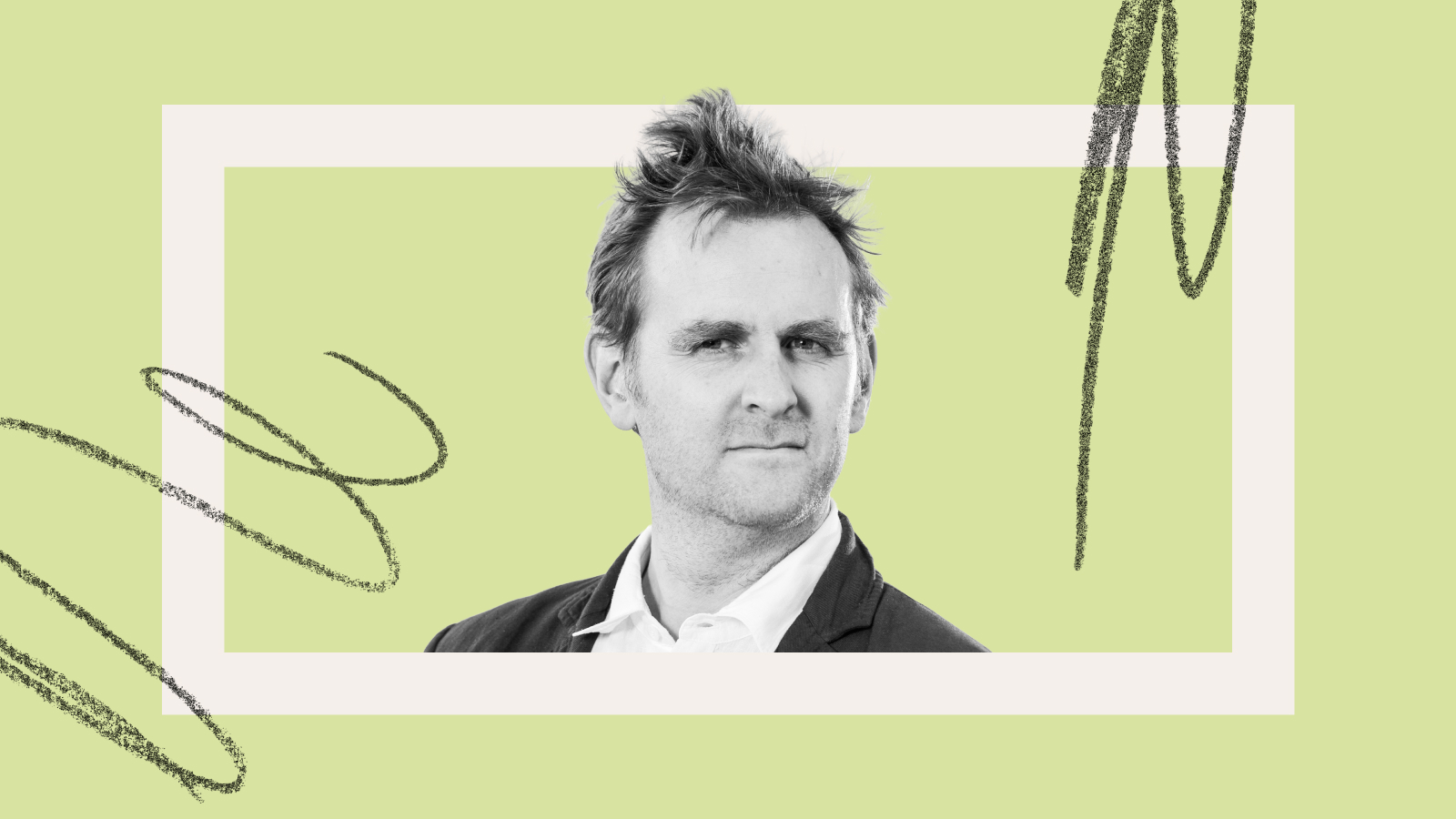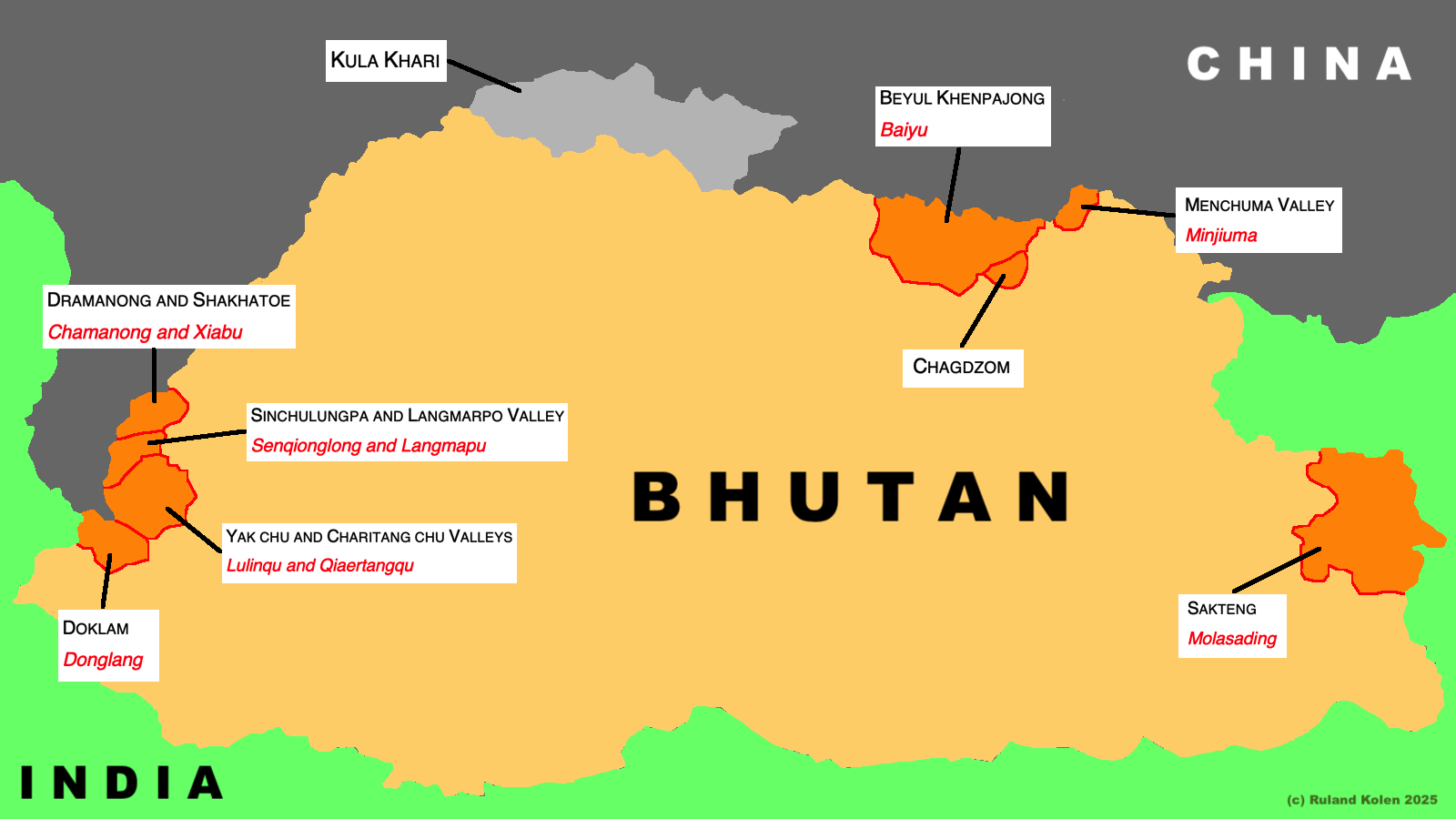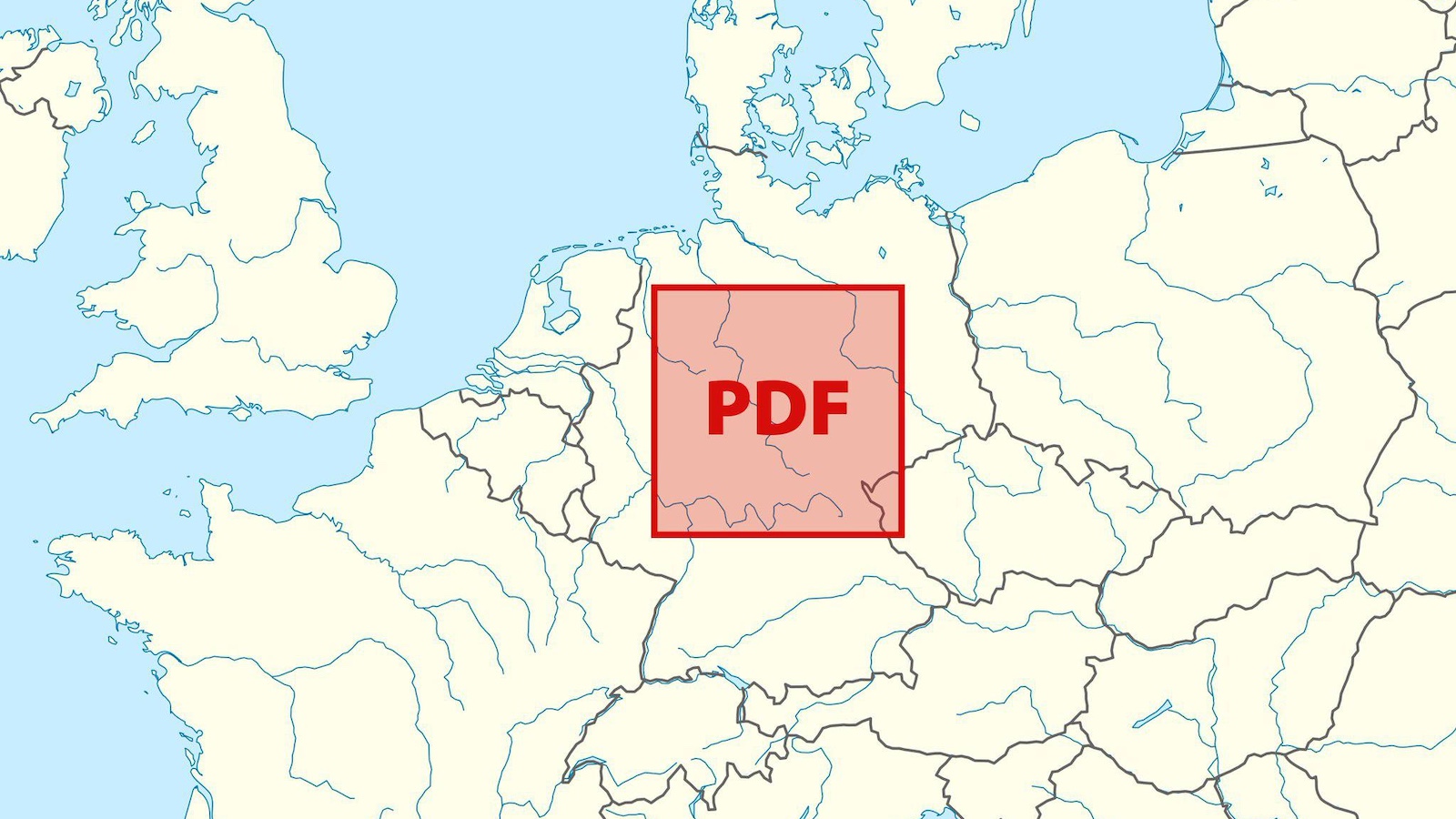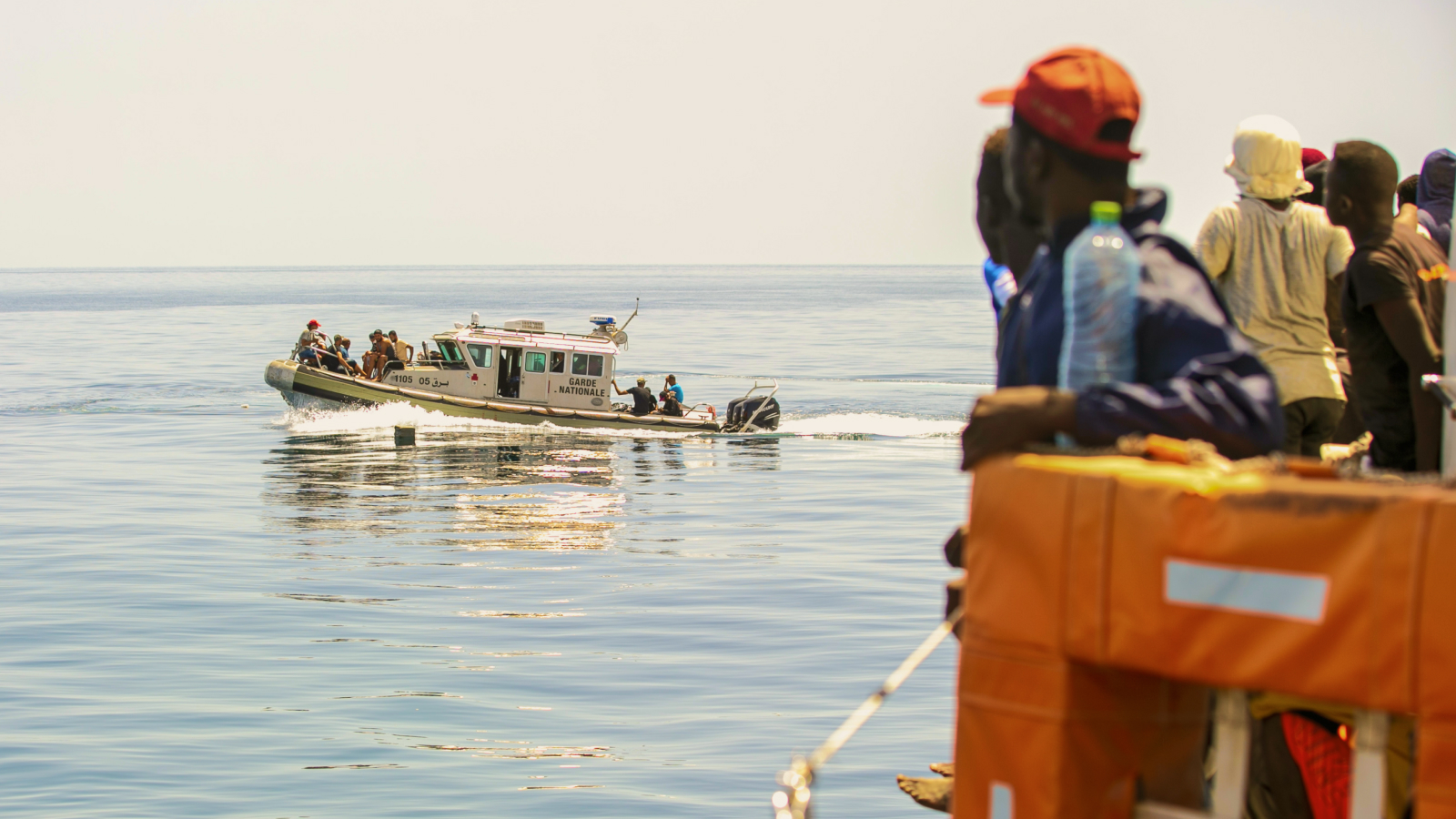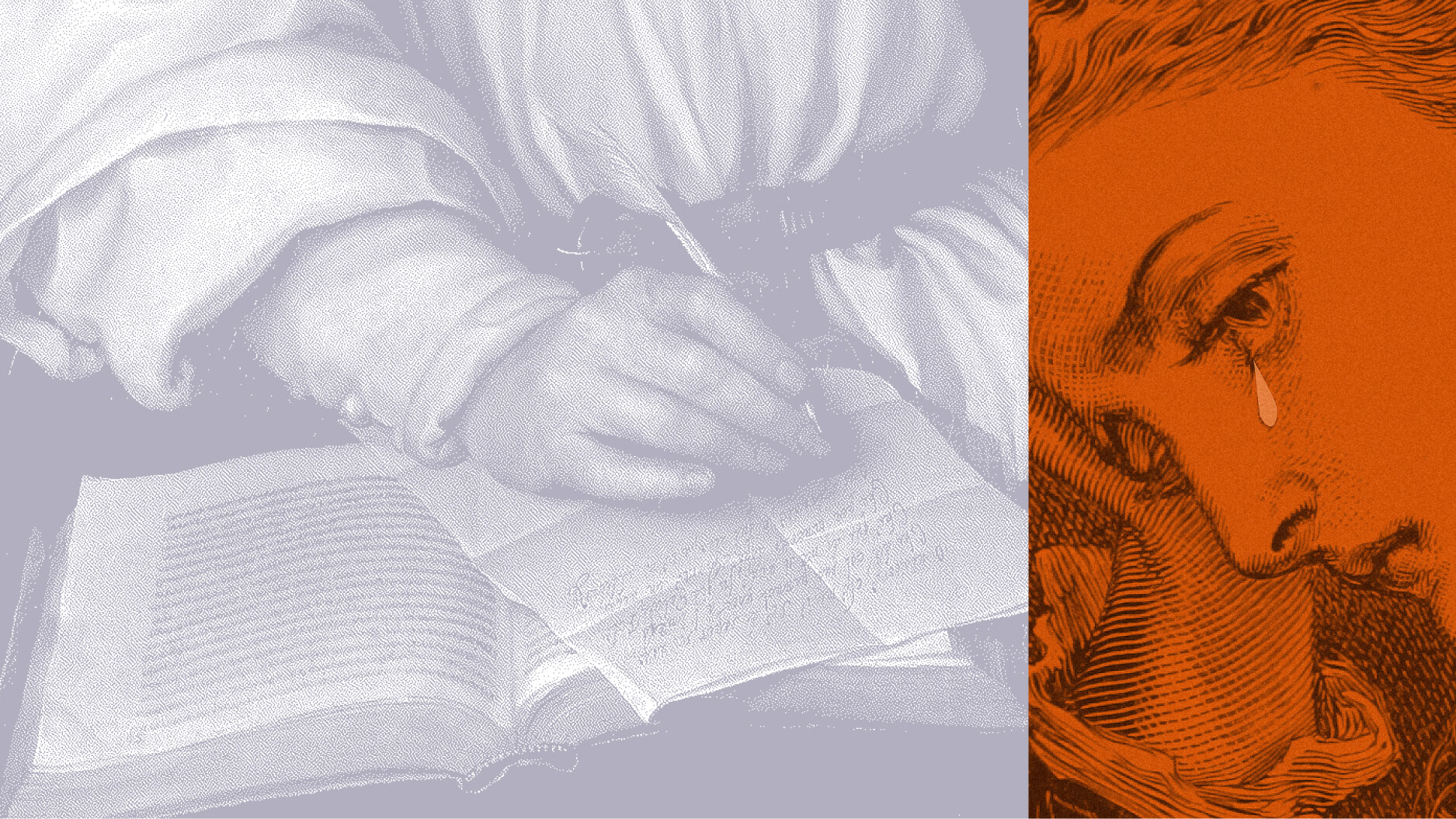Raustalia sizes up John McCain, the Israeli/Palestinian Conflict, and the Kyoto Protocol.
Question: Could you rate the foreign policy outlook of the candidates?
Kal Raustiala: I’m a Democrat and so I will be voting for the Democratic candidate this fall and I think when you look at the— First of all, both Democratic candidates have excellent foreign policy advisers and so I think in general their positions are- I think are well thought out, and again I don’t agree with everything about them. John McCain is more complicated. He takes-- It’s hard to say who John McCain is right now because he’s sort of morphing into some much more right wing version of himself, which may swing back again in the fall, but John McCain has also been advised by some good people so I guess-
Question: Can international law resolve the Israeli/Palestine conflict?
Kal Raustiala: I think that’s a good example of something that’s got to be solved diplomatically and politically after the fact. You could have a treaty that ratifies the agreement that’s struck but it’s not something where- it’s not a role for lawyers first and foremost. It’s a role for political leaders who can show vision and be creative and bring together people that are deeply opposed, and I think that’s fundamentally a political process.
Question: What important international legal issues are flying under the radar?
Kal Raustiala: It’s a good question. I guess it depends on whose radar it is. I think one of the really big ones that has to be solved--I wouldn’t say this is an under the radar issue but it hasn’t gotten sufficient attention--is climate change, and so there’s no question in my mind that this is one of the most compelling and deeply concerning issues out there today. And we’re really grappling with what to do and the U.S. has to play a leadership role. Right now we are facing the question of what happens after the Kyoto Protocol which was signed in 1997. That agreement essentially comes to an end in 2012 so we’re not that far away and we need to have a much more aggressive, much more serious next agreement. That process has just begun. The key question I think will really be will the U.S. play a leadership role or will it continue to play the kind of obstructionist role that it’s played in the past? And I don’t want to pin that on the Bush administration. This administration has been particularly bad but the Clinton administration wasn’t all that great either so what we need is real leadership from the U.S. if this issue’s going to be tackled effectively, and I think that’s one of the major, major questions coming down the pike.

